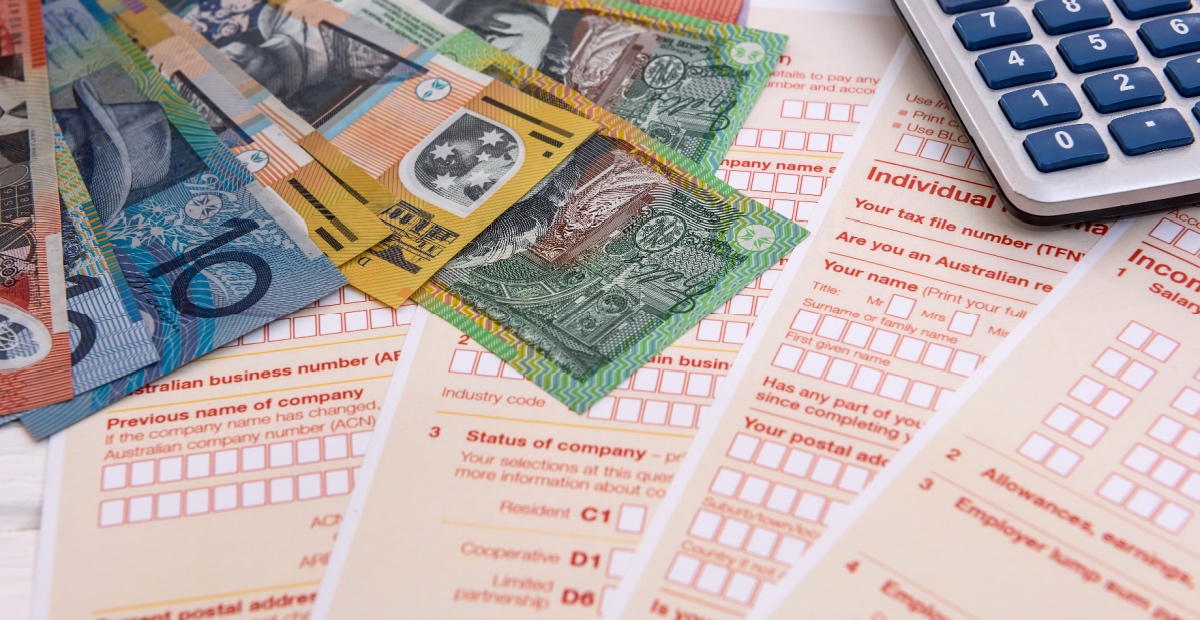16,531 SMSF members facing $825.3m more in tax

More than 16,000 people in high balance self-managed superannuation funds are facing the prospect of paying a collective $825.3 million in additional tax.
That is the bottom line revealed in the latest Class Super Benchmark Report amid the looming impact of the Government’s $3 million superannuation cap legislation.
As well, in what appears to be a perverse result of cost of living pressures, older Australians are driving in growth in non-concessional contributions while younger people have pulled back, according to new analysis from Class Super.
The Class analysis, released this week, showed that of Australians aged 65 and over, 50.6% are driving growth in non-concessional contributions while those aged between 40 to 65 have been pulling back.
The analysis showed that non-concessional contributions for those aged between 40 and 65 had actually declined by 18%.
The Class 2024 Benchmark Report also revealed that the average establishment balance for self-managed superannuation funds had now reached an all-time high rising by 9.2% since last financial year to sit at $500,000.
It found that Generation X was driving the majority of new fund establishments (52.9%) followed by Millennials with 27.7% meaning that they collectively drove 80.6% of new fund establishments.
Total SMSFs grew to 625,609 funds and $990.4 billion in assets. SMSFs now comprise 25.3% of the $3.9 trillion superannuation industry.[5]
Commenting on the research, Class chief executive, Tim Steele said the data also showed that the Government’s proposed Division 296 legislation was going to create significant challenges for 16,531 high balance members.
He said these people were facing a collective $825.3 million in additional tax.
Our research shows the proposed tax could significantly challenge Class SMSFs with high balances, with Class members facing on average just under $50,000 in additional tax liability. This could particularly impact the 36% of affected SMSFs that hold direct property, making it challenging to manage tax obligations given the illiquid nature of these assets.
“For example, many small business owners and farmers could lose the incentive to transfer real business properties into SMSFs, making such strategies financially unviable. They may also find themselves with an even bigger tax bill with insufficient cash reserves to pay it.
“Furthermore, there are likely unintended consequences for younger generations if the $3 million-dollar super cap is not indexed and their super balances continue to grow, meaning there will be a lot more members impacted by the proposed tax in the future.”











No indexation on the 3 million and the taxation of unrealised capital gains.
This is why you don’t vote for Labor.
Fundamental principle: “The King is a thief, always has been and always will be.”